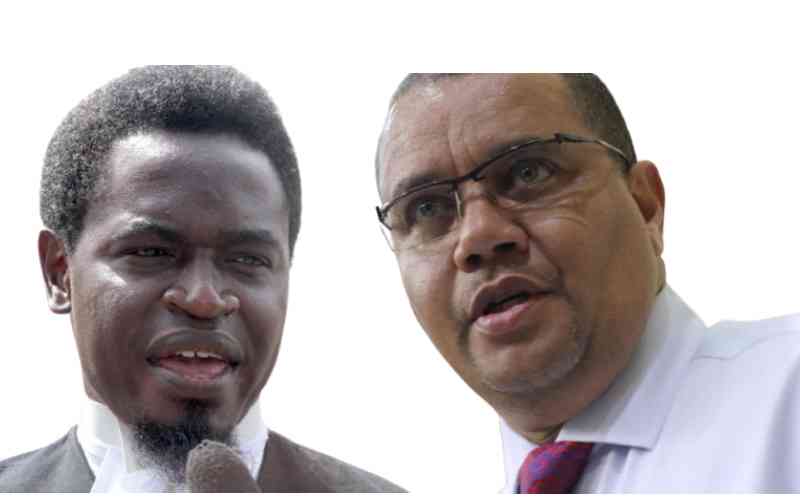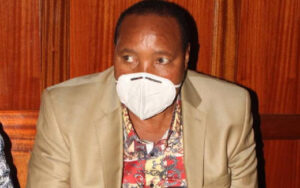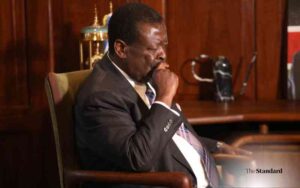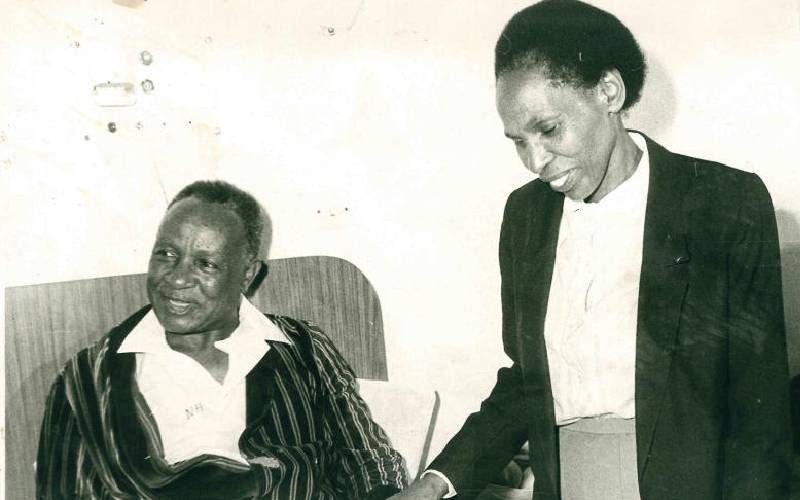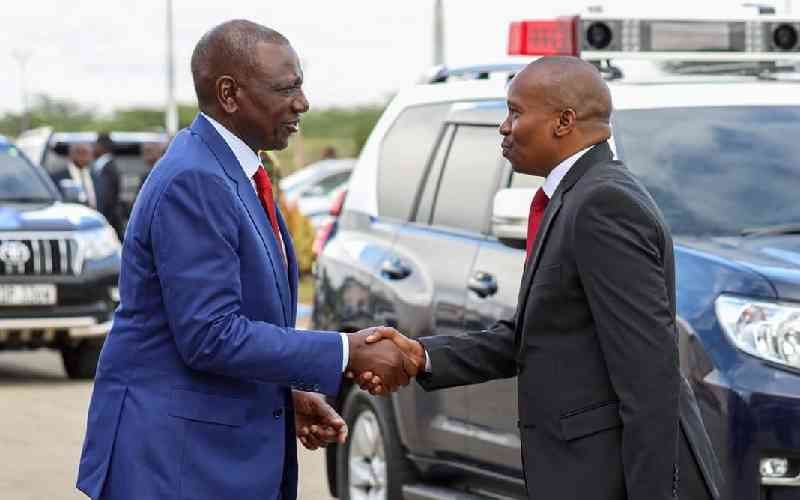The Advocates Disciplinary Tribunal has found former Law Society of Kenya (LSK) President Nelson Havi guilty of professional misconduct over remarks he made on social media against his predecessor, Allen Gichuhi.
The case was filed by Gichuhi, who accused the 49th LSK president of making statements that not only tarnished his reputation,but also demeaned the legal profession.
Gichuhi argued that the posts shared on Twitter, now X, alongside televised comments, were unbecoming of someone holding a position of such influence in the legal fraternity.
In its ruling, the tribunal described some of Havi’s posts as “vulgar, abusive and demeaning,” adding that the language used fell far below the standards expected of a senior advocate.
“The kind of behaviour exhibited by the accused advocate in this matter fell far short of the mark. We, accordingly, find that it constituted professional misconduct,” read part of the judgment.
“The legal profession is known for its decorum, dignity, and culture. Young advocates are entitled to see the right examples and role models in their profession,” it said.
Tribunal members Andrew Kituyi, Gathii Irungu, and William Maema further criticised Havi for using social media to publicly accuse fellow lawyers of theft, rather than reporting such matters to authorities like the Directorate of Criminal Investigations.
They warned that the rising trend of public mudslinging among legal professionals could erode public trust in the legal system.
“We find that the vulgar, abusive and demeaning language employed by the accused advocate in the social media post complained of by the complainant seriously eroded the reputation of the legal profession in the eyes of the public and lowered the esteem of the fraternity of advocates in Kenya,” the tribunal stated.
Responding on X shortly after the ruling, Havi dismissed the tribunal’s conclusion as “manifestly unlawful and unconstitutional.”
The tribunal, however, held firm that LSK leaders must uphold the highest standards of professionalism, comparing their responsibility to that of elders shaping the next generation.








